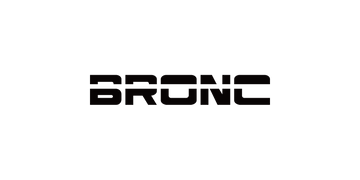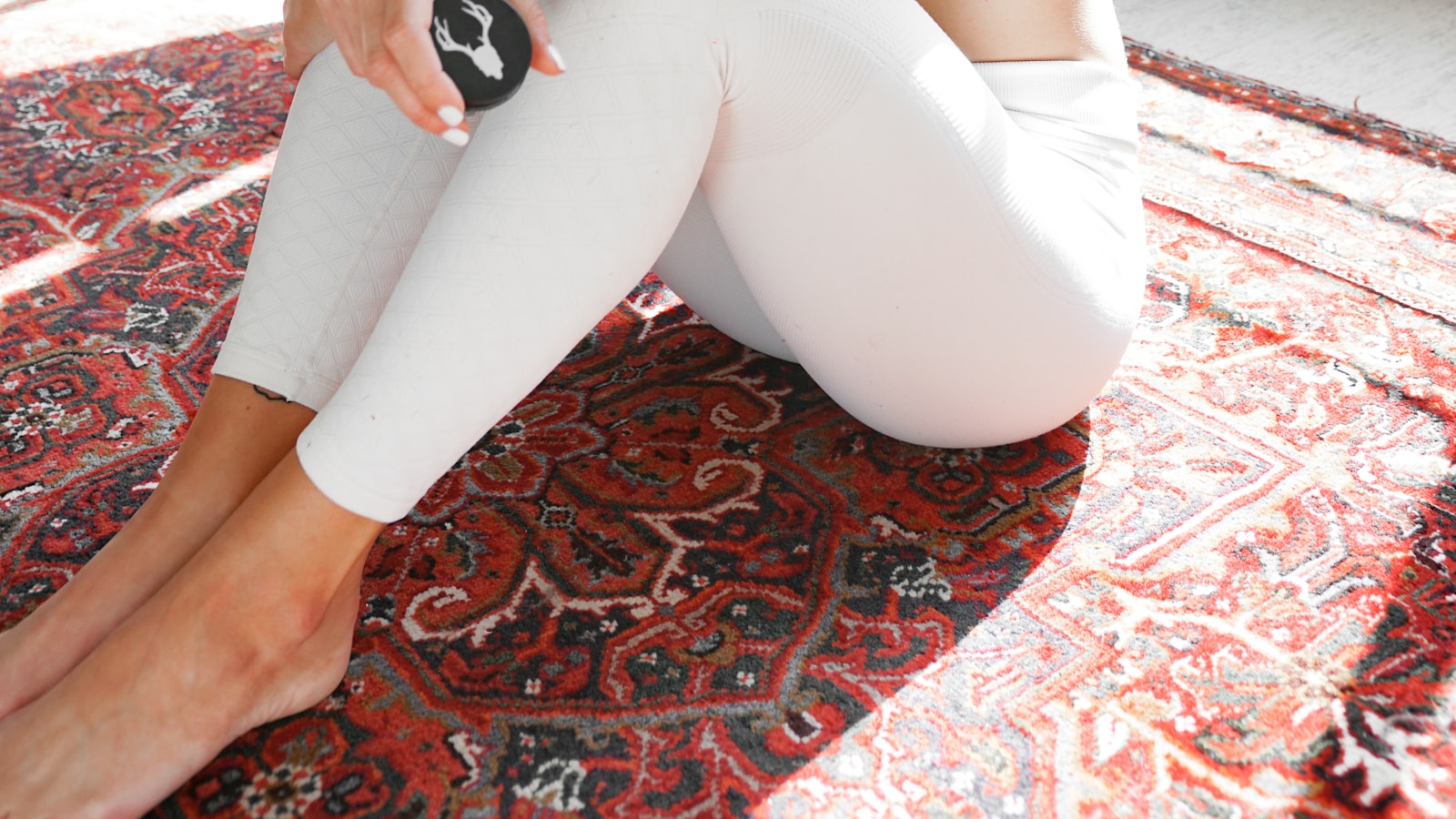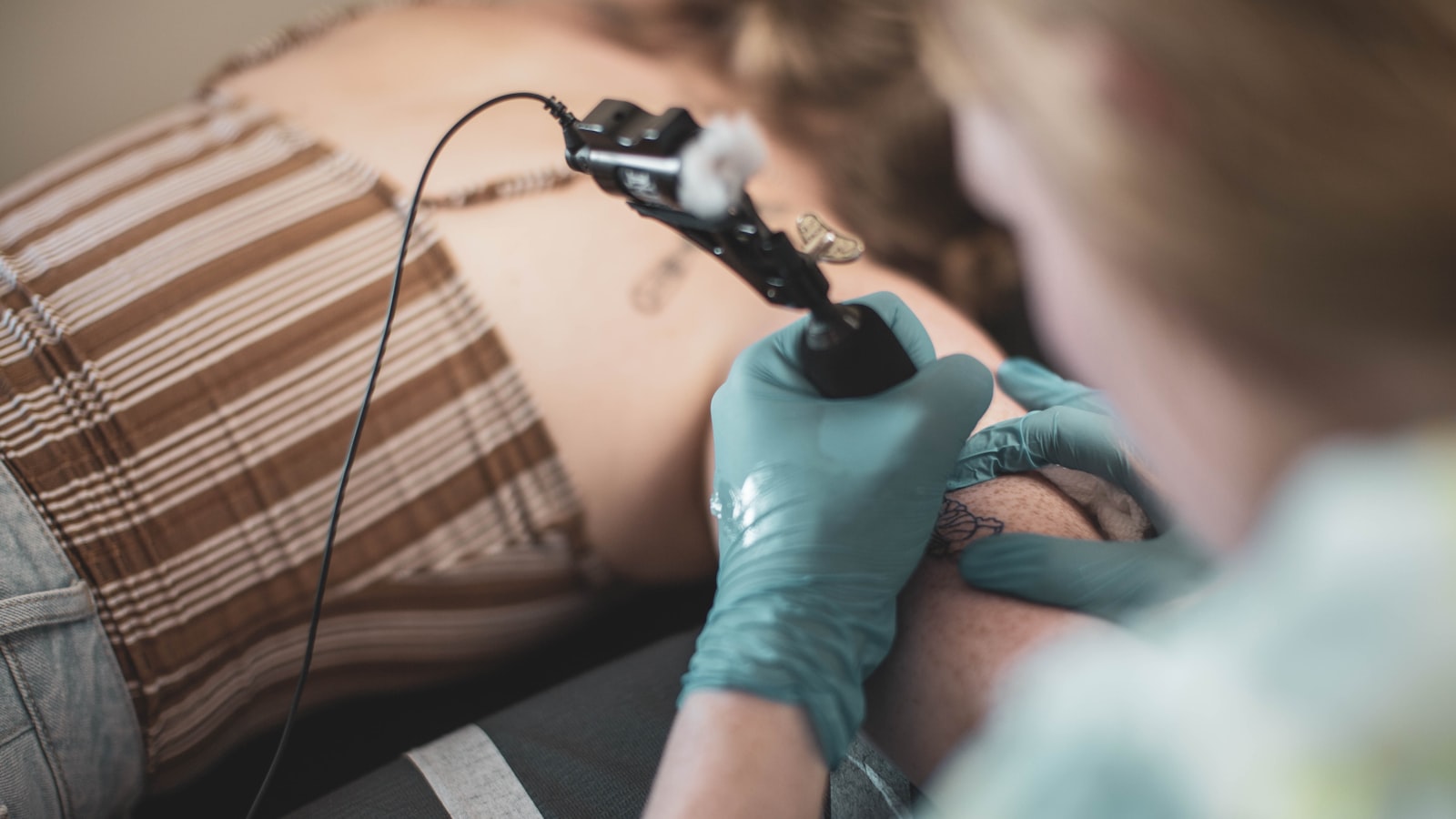How Much Does It Cost to Be a Tattoo Artist?
Becoming a tattoo artist is a dream job for many creative individuals who have a passion for art and design. But like any other profession, there are costs associated with becoming a tattoo artist. In this blog post, we'll take a closer look at the various costs involved in becoming a tattoo artist.
Training and Education Costs
The first step to becoming a tattoo artist is to receive proper training and education. Many tattoo artists attend art school or enroll in tattoo-specific programs that teach the necessary skills and techniques. The cost of these programs can vary widely depending on the school and program. Some programs can cost as little as a few hundred dollars, while others can cost tens of thousands of dollars. Additionally, there are apprenticeships available that offer on-the-job training, which can be more affordable than formal education programs.
Equipment Costs
Once you've received the necessary training, you'll need to invest in equipment. Tattooing requires a significant amount of equipment, including a tattoo machine, needles, ink, and other supplies. The cost of this equipment can vary widely depending on the quality and brand of the equipment. A beginner's tattoo kit can cost anywhere from a few hundred dollars to over a thousand dollars. As you advance in your career, you may choose to upgrade your equipment, which can add to the overall cost.
Business Costs
In addition to training and equipment costs, there are also business costs associated with becoming a tattoo artist. This includes setting up a studio or shop, obtaining the necessary licenses and permits, and purchasing liability insurance. The cost of setting up a studio can vary widely depending on the location and size of the studio. Additionally, ongoing expenses such as rent, utilities, and marketing can add up quickly.
Additionally, it's worth noting that the cost of being a tattoo artist doesn't end once you've established your career. Ongoing expenses such as supplies, equipment upgrades, and continuing education can continue throughout your career. It's important for tattoo artists to budget accordingly and plan for these expenses to ensure they can continue to provide high-quality work and stay competitive in the industry.
It's also worth mentioning that the cost of being a tattoo artist can vary widely depending on location and market demand. In some areas, there may be more competition among tattoo artists, which can drive prices down. In other areas, there may be higher demand for tattoo artists, which can allow them to charge higher rates. Aspiring tattoo artists should research the market in their area and consider factors such as competition and demand when setting prices for their work.
Financial Assistance
One way for aspiring tattoo artists to manage the cost of their education and equipment is to seek out financial assistance. There are several scholarship programs available for art students and tattoo apprentices, as well as grants and loans for small business owners. It's also worth considering crowdfunding platforms to help cover the cost of expensive equipment or studio setup.
Maintaining a Clean and Safe Work Environment
Another important consideration for tattoo artists is the cost of maintaining a clean and safe work environment. This includes regularly sanitizing equipment and surfaces, using disposable needles and other supplies, and properly disposing of hazardous waste. Investing in high-quality cleaning and sanitation products is essential for ensuring the safety of both the artist and the client, but can also add to the overall cost of running a tattoo studio.
Ongoing Education and Skill Development
Finally, it's important for tattoo artists to prioritize ongoing education and skill development. Attending conferences, workshops, and other industry events can help artists stay up-to-date on the latest techniques and trends, and expand their skillset. This ongoing education can be costly, but is
One way to manage the cost of becoming a tattoo artist is to seek out financial assistance through scholarships, grants, and loans. Another option is to consider crowdfunding platforms to help cover the cost of expensive equipment or studio setup.
Maintaining a clean and safe work environment is also important for tattoo artists. Investing in high-quality cleaning and sanitation products is essential for ensuring the safety of both the artist and the client, but can also add to the overall cost of running a tattoo studio.
Finally, ongoing education and skill development are essential for staying competitive in the industry and providing high-quality work. Attending conferences, workshops, and other industry events can help artists stay up-to-date on the latest techniques and trends, and expand their skillset. This ongoing education can be costly, but is necessary for success in the field.
In conclusion, becoming a tattoo artist can be a costly pursuit, but with proper planning and budgeting, it is possible to achieve success in this rewarding and creative career. By understanding the various costs involved, seeking out financial assistance where possible, and prioritizing ongoing education and skill development, aspiring tattoo artists can turn their passion for art into a fulfilling and lucrative profession.
Another important aspect to consider when becoming a tattoo artist is building a strong portfolio. A portfolio is a collection of your best work that showcases your skills and style. A strong portfolio can help you attract new clients and build a positive reputation in the industry.
Creating a portfolio can also add to the overall cost of becoming a tattoo artist. You may need to invest in high-quality photography equipment or hire a professional photographer to capture your work. You may also need to purchase materials to create display cases or printed materials to showcase your portfolio.
It's also important to consider the cost of time and effort required to build a strong portfolio. As a beginner, it may take time to build up a collection of high-quality work that accurately represents your skills and style. However, investing in a strong portfolio can pay off in the long run by helping you establish yourself as a reputable and talented tattoo artist.
Overall, becoming a tattoo artist involves a range of costs, including education and training, equipment, business expenses, ongoing education, maintaining a clean and safe work environment, and building a strong portfolio. It's important for aspiring tattoo artists to carefully consider these costs and budget accordingly to ensure a successful and fulfilling career.




